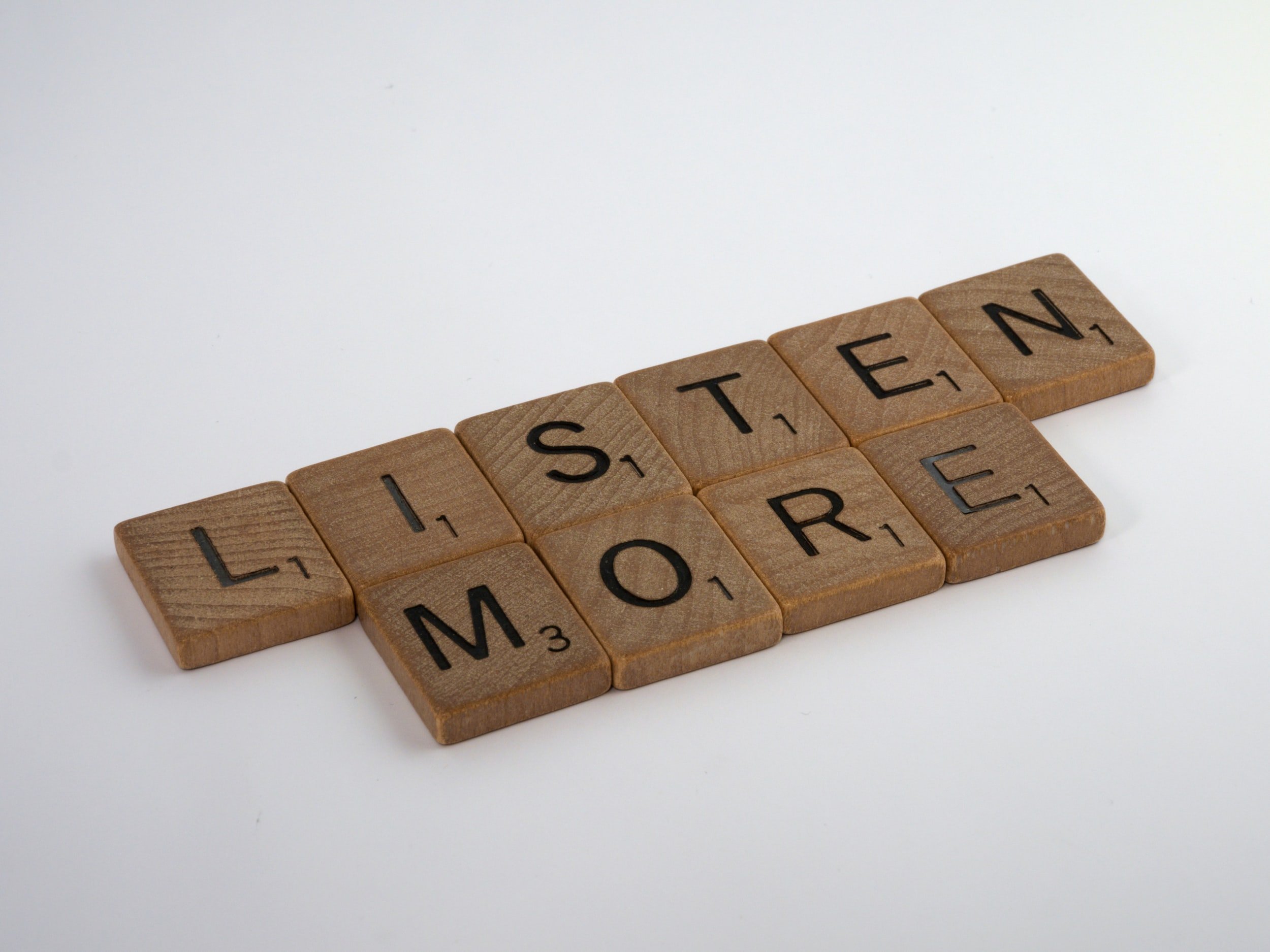Relationship therapy is a great tool that, unfortunately, is often stigmatized and surrounded by myths that disincentivize people from utilizing it. Some of these myths include that relationship therapy is only for those on the brink of divorce, that relationship therapy is a cop out from fixing the problem yourselves, that a stranger couldn’t possibly help your relationship, and that the therapist will take sides or favor one partner over the other. Here are some of the most common myths; let’s breakdown why each one is incorrect.
1) Relationship therapy is only for those on the brink of divorce
While some people certainly go to therapy as a last resort to avoid the end of the relationship, that is far from the only valid reason to try relationship therapy. Perhaps you need to fine tune communication skills, or maybe there’s a desire discrepancy negatively impacting your sex life, or maybe you’re struggling to feel connected following the birth of a child; these examples and dozens more have the potential to benefit from relationship therapy.
2) Relationship therapy is a cop out from fixing the problem yourselves
Asking for help is not a weakness, it’s a strength. There is a reason that tools like relationship therapy exist; they’re there to be used, and they’re there because they have a documented history of helping people. Not only does a therapist bring their expertise to the table that people without formal psychological training don’t usually have, but they also serve as a mediator to try to ensure that all parties are not only heard, but understood. Wellness experts like personal trainers and physicians are much less stigmatized even though their role is similar to a relationship therapist’s in that their expertise facilitates their clients’ wellness. The choice to seek help from an expert is smart, not weak.
3) The therapist will take sides or favor one partner over the other(s) (especially if attending therapy was initiated by one more than the other(s))
In a successful therapeutic dynamic, this should not be the case. Ideally, everyone should feel heard and validated, and the therapist’s role is to facilitate that. Taking one side over another would only serve to alienate someone and therefore undermine the goal of the therapy.
Despite the stigma, relationship therapy is nothing to be ashamed of and with the right therapist, it can be a powerful tool. If you’re interested in learning more about whether or not relationship therapy is a good fit for you, reach out to Embrace Sexual Wellness.





































